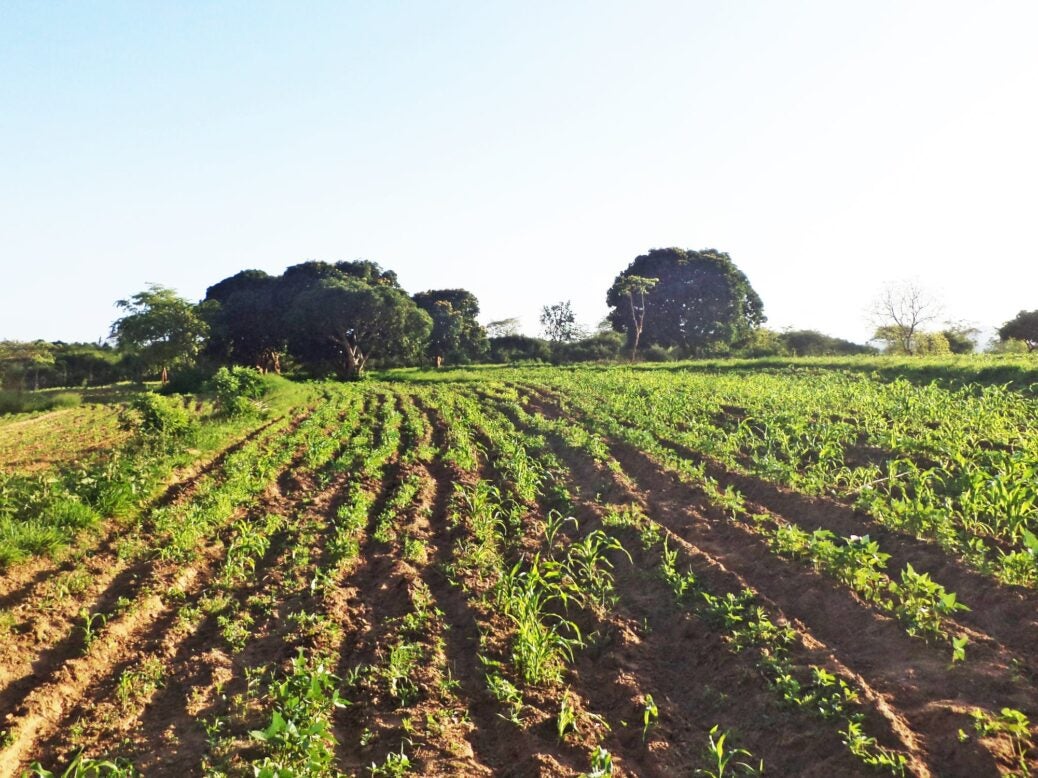
What was the case of the ‘cowshed cinderella’, what is ‘proprietary estoppel’, and how could it affect your estate, writes Scott Taylor
According to Defra, the UK’s TIFF (Total Income From Farming, a measure of the return to entrepreneurs for their management, labour and capital invested) in 2018 was almost £4.7 billion.
Clearly, therefore, UK farmers face significant risk should they fail to protect and preserve the significant capital comprised in their farms.
2018 was dubbed by many lawyers as ‘the year of proprietary estoppel‘ due to the number of claims receiving press attention. But what exactly is this curious legal doctrine, how could it affect your estate, and what could you do to prevent it from happening?
Proprietary estoppel is a legal doctrine arising in the following cases.
A promise or assurance is made: in this context usually by a landowner to a member of his or her immediate family. Often this will be an assurance that should a farmer’s son or daughter work on the farm for little or no pay, they will inherit the farm upon their landowning parent’s death.
Reliance on the promise or assurance: children will usually take their parents’ word that should they work on the family farm for little or no remuneration, they will inherit the farm.
Detrimental reliance on the promise: for a proprietary estoppel claim to succeed, a Claimant will have to prove that their reliance on the promise or assurance was detrimental to them.
Again, this is perhaps another reason why so many of these cases arise from a farming context; if someone choses to work on the family farm for many years for next to no pay, the obvious detriment is that they could have sought more lucrative employment elsewhere.
The doctrine attempts to address the injustice in circumstances such as these, either by giving effect to the Claimant’s expectation or by compensating them for their detriment.
In the recent case of Davies v Davies, the Claimant, one of three daughters, relied on her parents’ promises that she would inherit the £7 million family farm and worked on the farm in exchange for benefits in kind.
The Claimant’s two sisters would often attend parties, leaving the Claimant at home working on the farm, and later left the farm, starting their own families, leading to her being dubbed the ‘Cowshed Cinderella’.
Knowing the Claimant had an interest in the farm, her father had assured her ‘not to kill the goose that lays the golden eggs’ by leaving the farm as her sisters had done. After initially being awarded £1.3 million by the High Court, the Court of Appeal reduced the award to £500,000 on the basis that this was a more realistic valuation of the detriment the Claimant had suffered.
In the 2019 case of Habberfield v Habberfield is a perfect illustration of how things can go horribly wrong in cases such as this. The Claimant had worked up to 80 hours per week on the family farm (even whilst pregnant) over three decades on the assurance that she would inherit the farm, valued at £2.5 million.
The High Court ordered that the Claimant be paid £1.1 million in order to give effect to her expectation. The Court of Appeal upheld the judgment, and the Claimant’s elderly mother now faces having to sell the farm in order to pay the settlement and her daughter’s costs.
So how can this be avoided? Firstly, by proper estate planning and ensuring that you have a valid will, and ideally a letter of wishes recording why you have disposed of your estate in the manner you have.
Secondly, which will be more useful in cases where all relevant parties are still alive, ensure that you have formalised the working relationship between you and your family members.
If proper employment relationships are in place (ideally with a market salary being paid), it will be more difficult for claimants to argue that they have suffered detriment if you choose not to leave your farm to those who might expect to inherit it.
Scott Taylor is head of disputes at Surrey law firm Barlow Robbins






